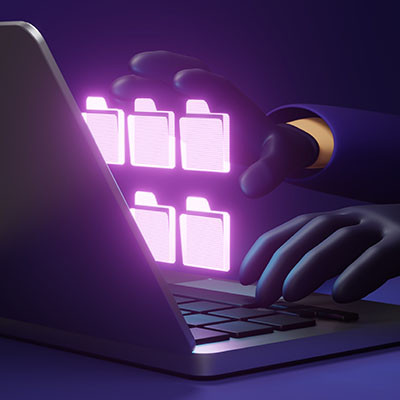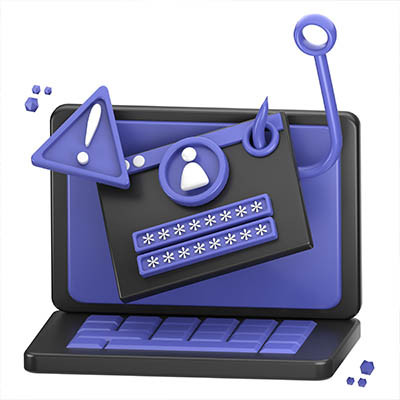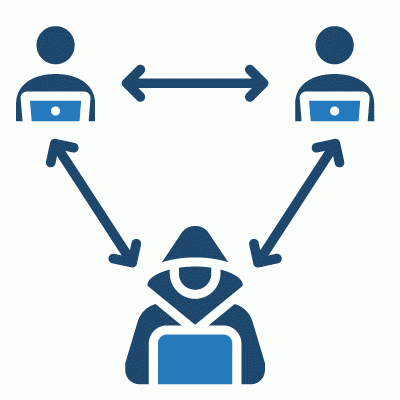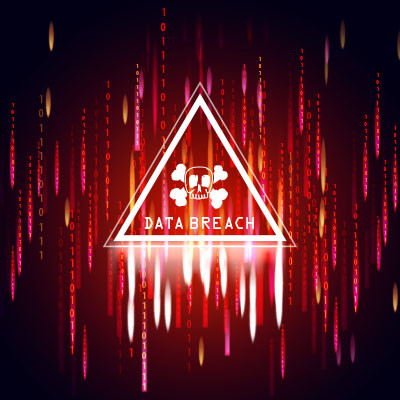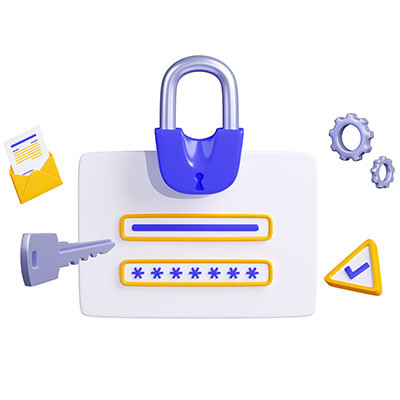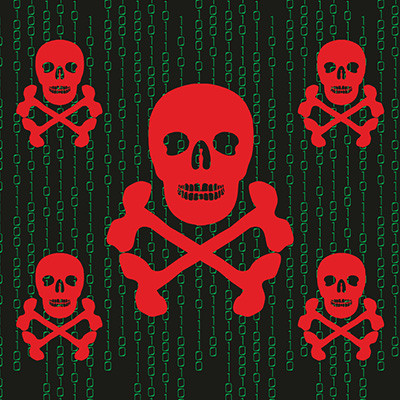Global Tech Solutions Blog
Today’s cyberthreats are invisible, they’re malicious, and they can bring a business to its knees. For many small businesses, cybersecurity feels like a distant problem—a concern for the corporate giants with sprawling server farms. Unfortunately, that’s a dangerous misconception. Every business, regardless of size, is on the front line.
After the tragic events of September 11, 2001, terrorism became a topic everyone heard about daily. The "War on Terror" lasted over a decade, toppling governments and sending a clear message that terrorists would be hunted down relentlessly. While major terrorist attacks have happened since then, the battleground has shifted. Today, one of the biggest threats comes from cyberspace. Let's take a closer look at the rise of cyberterrorism.
Potential data breaches pose a growing threat to organizations, with phishing attacks being the most prevalent method hackers use to steal sensitive information. It has become one of the most widespread online dangers, and understanding how it works is crucial to protecting your users. Let's go into what phishing attacks are and explore some best practices to safeguard your network.
Password management can be challenging for both businesses and individuals, but it doesn't have to be as difficult as it seems. With the increasing threat of cybersecurity attacks, relying on a single password is no longer sufficient. Instead, you need to use complex passwords stored in a password manager, which simplifies the process of remembering them.
Today, cybersecurity responsibility extends beyond the IT department; it's now everyone's concern. Experiencing a hack can be deeply unsettling, leaving you feeling vulnerable and uncertain about what steps to take next. This short guide aims to assist you by outlining the necessary actions to take post-hack, along with practical cybersecurity advice and measures to help you strengthen your defenses. Let's transform this stressful situation into an opportunity to learn and fortify your cyber resilience.
Cybersecurity attacks happen when you least expect it, and data is often more susceptible to a cyberattack while it’s moving from one individual to another. This is what is commonly known as a man-in-the-middle attack, or MitM. Essentially, data gets intercepted while it’s in transit—but what can you really do to stop it? Let’s find out.
Technology and digital tools are a hot topic on our blog, but where there is technology, there is also data… and where there is data, there will be hackers trying to steal it. Data breaches are a common thread in all industries, and to prove this, we have put together six of the most notable data breaches from 2023. We hope you can learn a thing or two from them!
It’s borderline impossible to conduct any business online without seeing potential threats abound. It also doesn’t help that threats tend to disguise themselves to avoid being detected. Today, we want to share a social media threat that one of our employees discovered while going about their day, and we think even a cautious user could have been fooled by it.
We focus a lot of time and effort on securing our clients with our cutting-edge tools and industry best practices. Our adversaries, the hackers, on the other hand, have come to understand that the way they will be successful is to get their contrived messages in front of the least knowledgeable people in your organization. Let’s take a look at how hackers choose their targets to get a better understanding of what their strategy is.
Phishing attacks are one of the most common security threats to your business, not only because they are effective, but because they can be utilized in many different ways. You can become the victim of a phishing attack through email, instant message, phone, or even your voicemail. These “phoicemail” attacks are quite crafty in their approach, and you should be wary of them.
When it comes to your business’ cybersecurity, passwords are a pretty critical part of the system. This means that making sure they are secure is just as critical…however, that is not to say that this is easy. We, however, wanted to make sure that creating sufficiently secure passwords for all of your accounts is a far simpler prospect by the time we’re finished here.
At the end of January, the Federal Bureau of Investigation went public with an announcement that they had taken down the servers and Dark Web sites utilized by the Hive ransomware gang. This is a major victory, in terms of fighting cybercrime, but a certain statistic from this operation shows a somewhat disconcerting trend.
Artificial intelligence and machine learning are entering the mainstream technology discourse, and with software developing the ability to learn from datasets, many businesses are using this technology to automate their processes to cut down on costs and better use their current resources. There is a lot of good that comes from this, but only when you look past these benefits can you start to see the drawbacks, including an important one called “data poisoning.”
Cybersecurity is one part of your business’ computing that you must prioritize, as the fallout of a data breach could, in many cases, be enough to shutter your business for good. You want to be seen as a company that takes data security seriously, and to this end, you have likely implemented countless security features and measures to protect your organization’s resources and data. However, this all comes at a cost, and it’s not the one you might expect: your employees.





